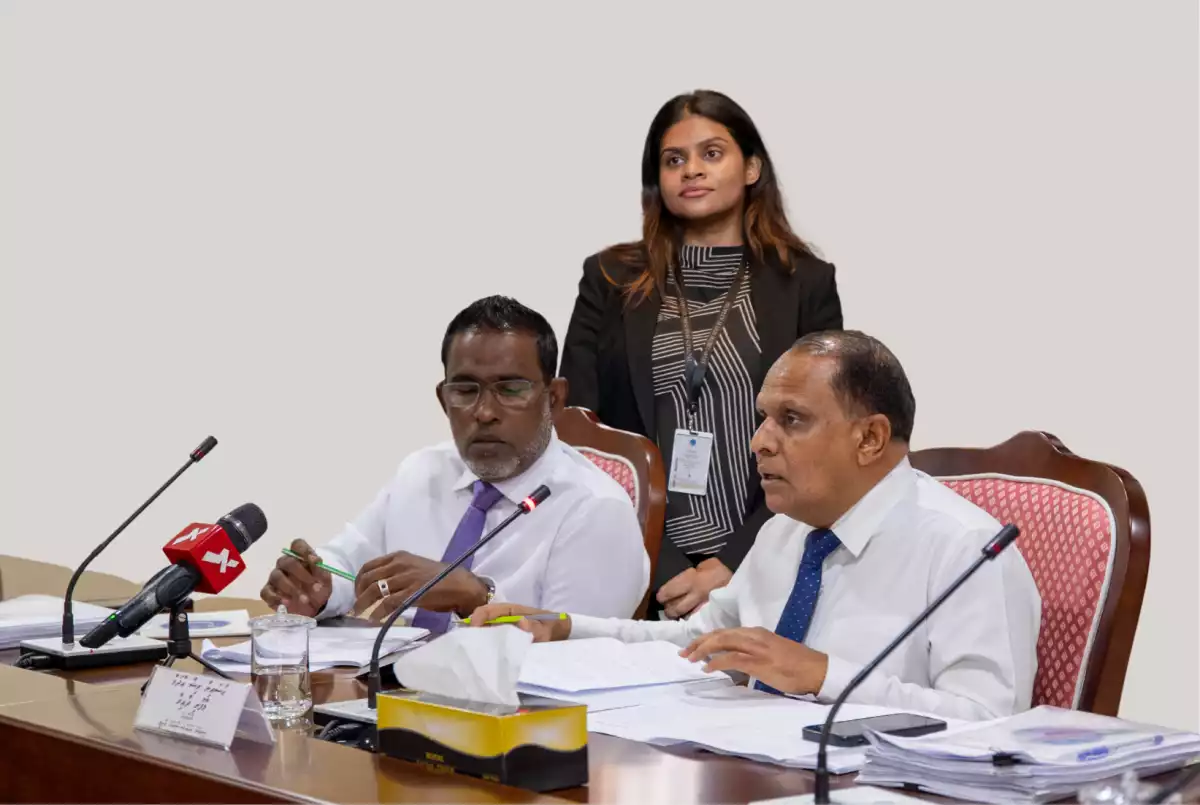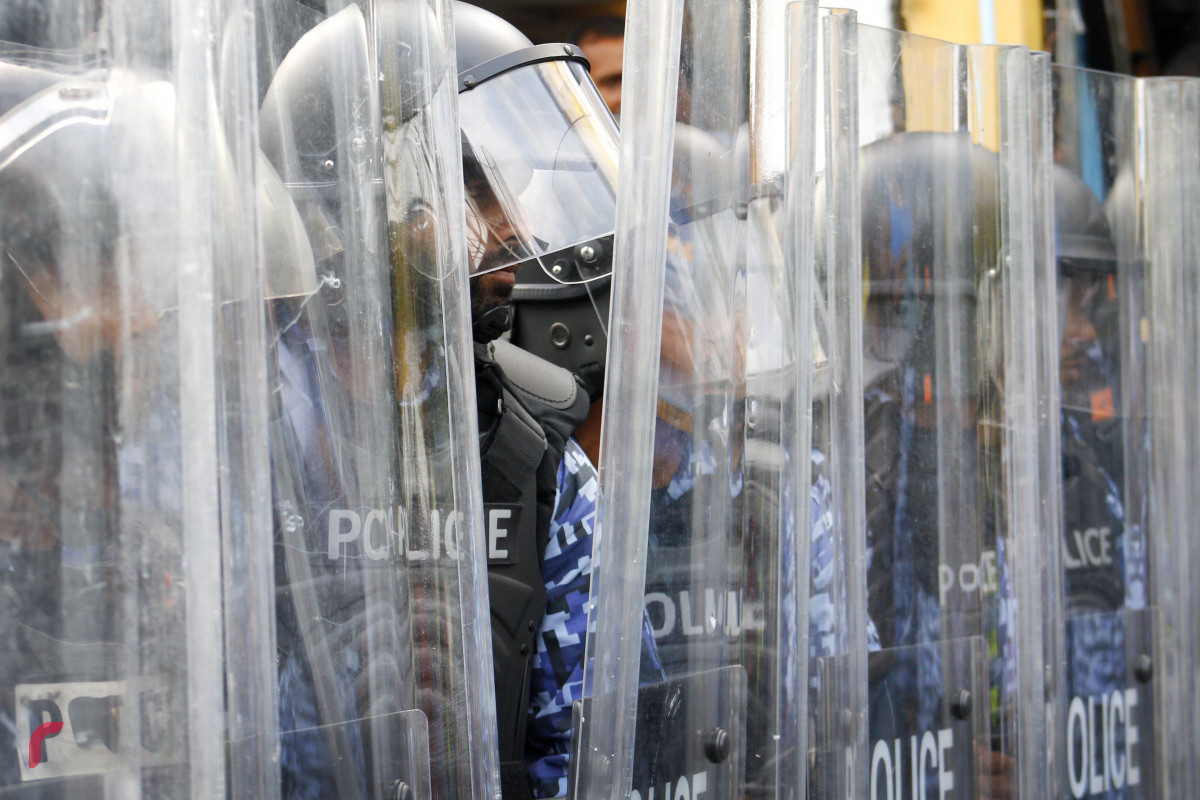Alleged legal opinion by Counsel General on media control bill found nonexistent
MP Meekail raised the issue multiple times during Tuesday's meeting


The committee falsely claimed to have received legal advice on the media control bill.
Contrary to reports by pro-government media outlets and channels linked to senior officials, it has now come to light that the legal opinion allegedly issued by Counsel General of the People’s Majlis, Fathimath Filza, claiming the controversial media control bill is in line with the Constitution of the Republic of Maldives does not, in fact, exist.
The media control bill, widely condemned for its potential to suppress independent journalism, was passed hastily by the People's Majlis on Tuesday using the government’s supermajority. In the days following, government-aligned newspapers and TV stations reported that Counsel General Filza had issued an official legal opinion stating that the bill posed no constitutional concerns and did not infringe on fundamental rights. These outlets claimed the opinion had been provided during the Independent Institutions Committee meeting held earlier that day.
However, scrutiny of that very meeting reveals otherwise.
When the committee convened, media outlets were present, and no such opinion was presented or distributed to committee members. MP for Maafushi constituency Hussain Riza, who chairs the committee, merely claimed that an opinion from the Counsel General had been received. However, no written document was shown, shared, or made available for review, an unusual and troubling deviation from established parliamentary procedure.
According to the People’s Majlis Rules of Procedure, specifically Article 22 (5), the Counsel General is required to provide legal advice on all bills before they are finalized by committees. This advice must assess the bill's alignment with the Constitution and existing laws, and most importantly, it must be made available to committee members. This reportedly did not happen.
MP for South Galolhu constituency Meekail Ahmed Naseem, a member of the Independent Institutions Committee, raised the issue multiple times during Tuesday's meeting, requesting to see the supposed legal opinion. Despite this, Chair Riza insisted that an opinion had been received claiming the bill was constitutionally sound, and proceeded to push the bill forward for a vote, without allowing any member to verify or review the legal basis for that claim.
Attempts to verify the existence of the opinion have since hit a dead end. Journalists and lawmakers attempted to contact Counsel General Filza directly to confirm whether she issued such a statement. She has not responded to calls or messages and has remained silent, raising further questions about transparency and accountability within the parliamentary process.
Further irregularities were evident during the committee’s review. While the bill report was displayed on screen, visible side comments allegedly from the Counsel General raised legal concerns. These were neither discussed nor addressed by the committee. An MP speaking to RaajjeMV confirmed that significant last-minute amendments had triggered delays and that the Counsel General had raised multiple red flags, all of which were ignored.
The timeline of events also suggests a deliberate rush to push the bill through. The committee meeting, originally scheduled for 1pm, ran late, and the Majlis sitting was only convened at 5pm. Crucially, parliamentarians only received the agenda and the final committee report at 4:59pm, just one minute before the sitting began.
This violates Article 106 (w) of the People’s Majlis Rules of Procedure, which requires that committee reports be shared with members prior to any debate. By proceeding with the sitting without adequate time for lawmakers to review the report, the process further violated fundamental legislative norms.
In summary, the government's defense of the media control bill appears to be built on a questionable claim about legal clearance that no one has seen, and which remains unverified. The lack of transparency, disregard for procedure, and silence from key officials point to a deeply flawed legislative process that undermines both press freedom and parliamentary integrity.






